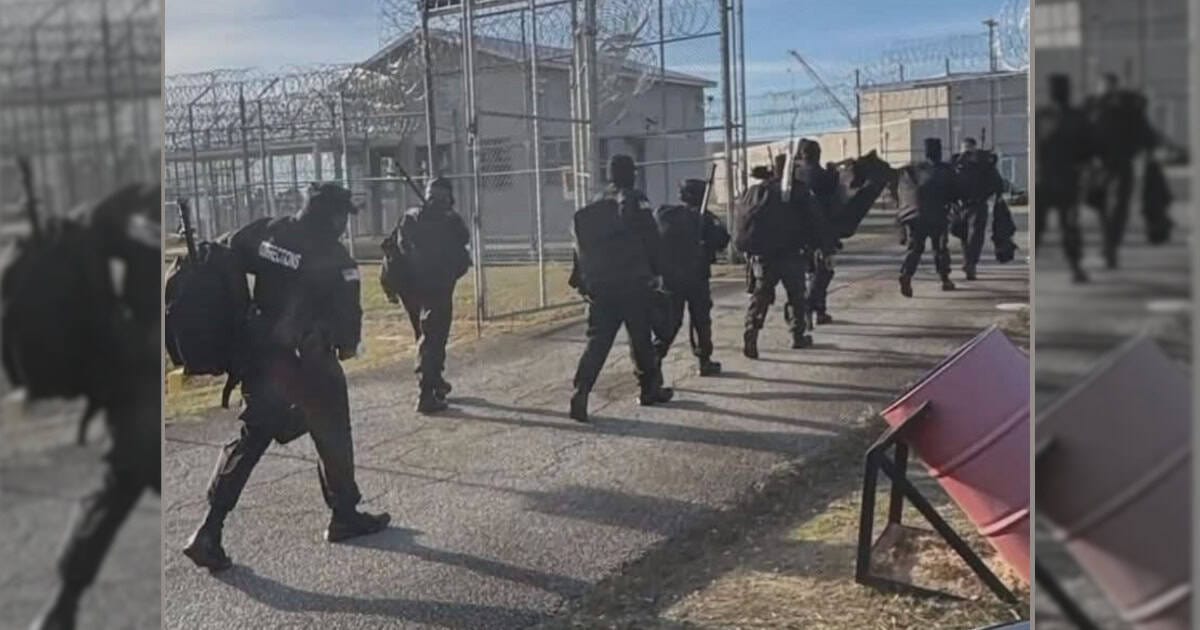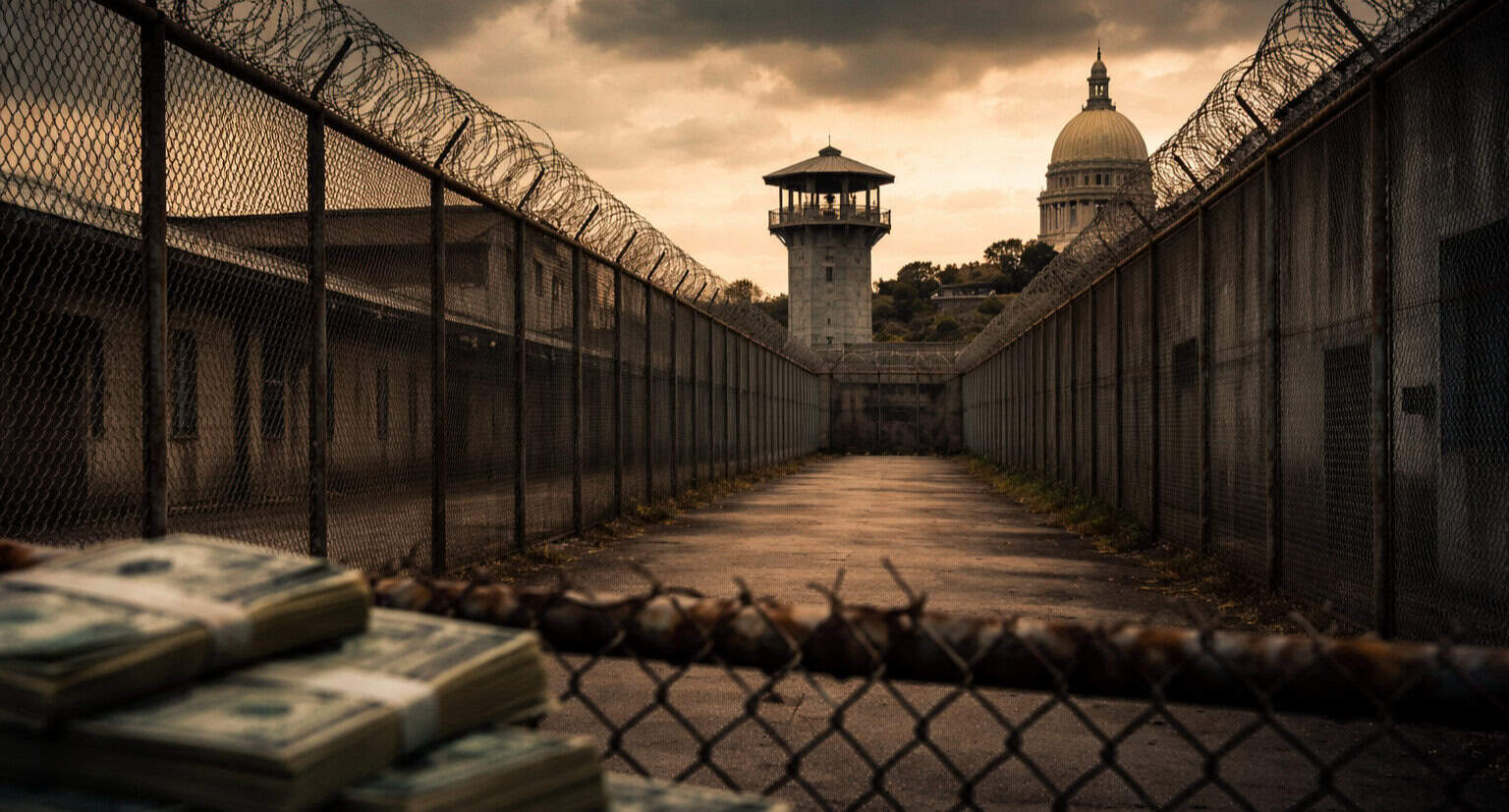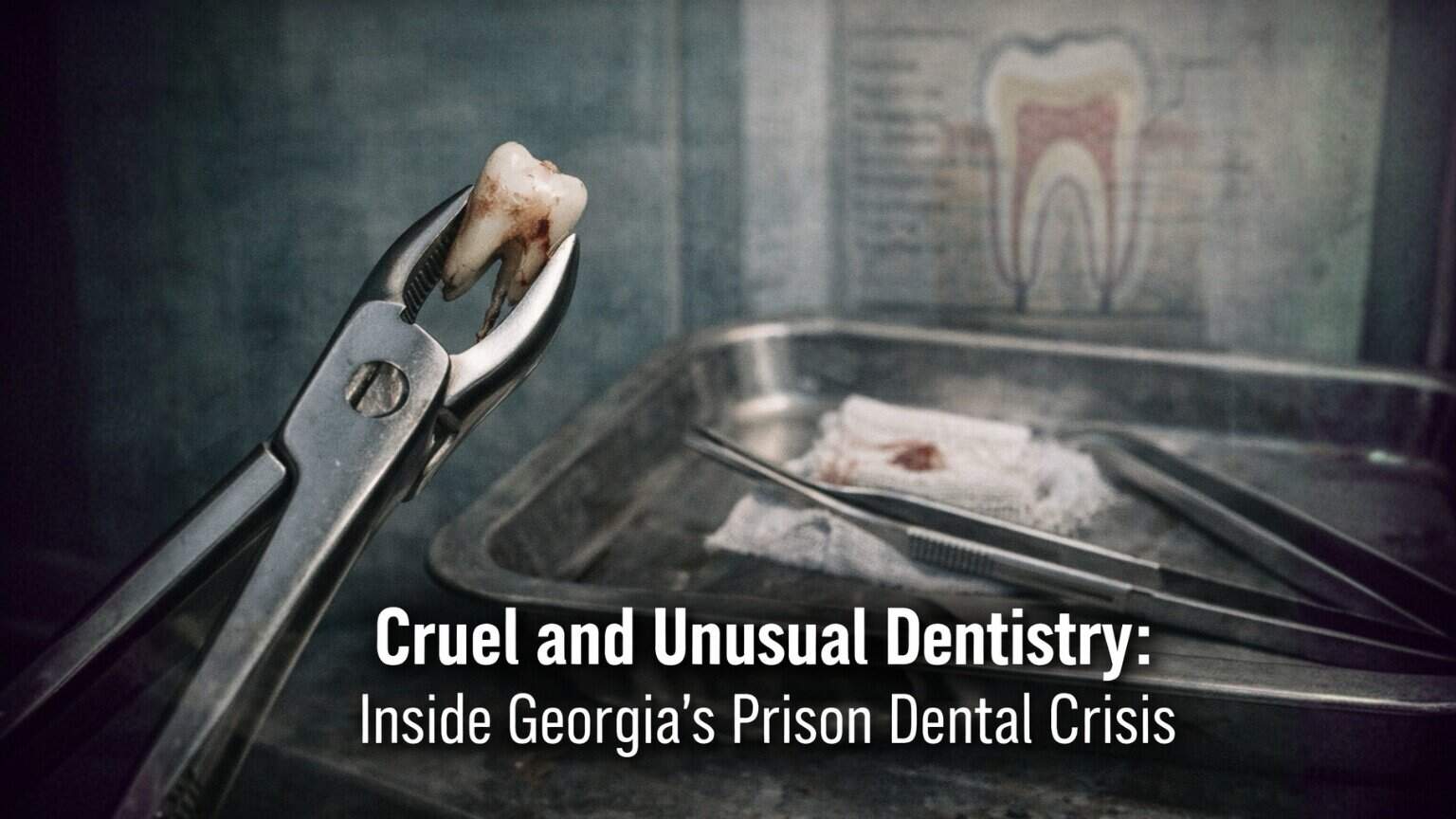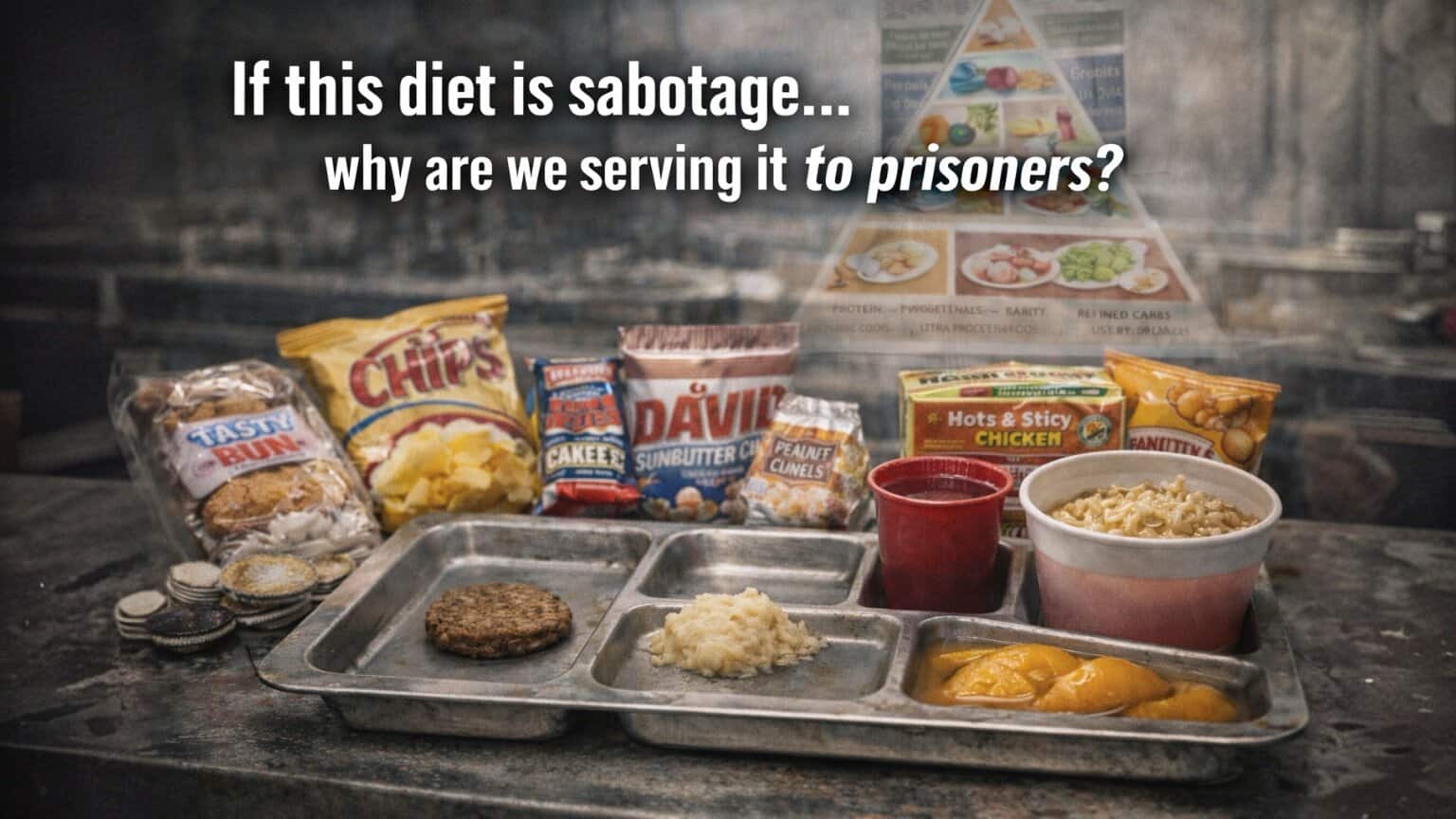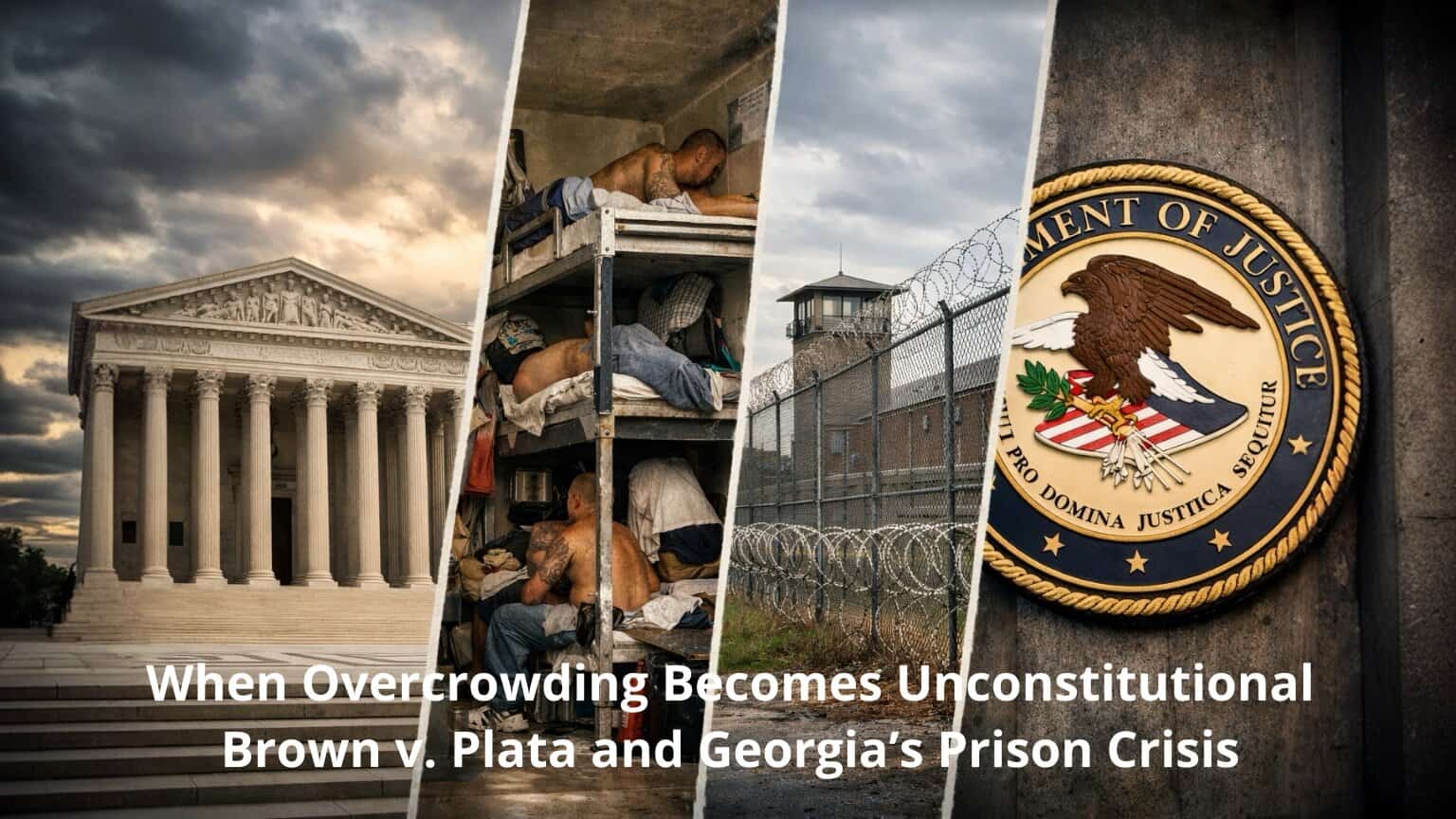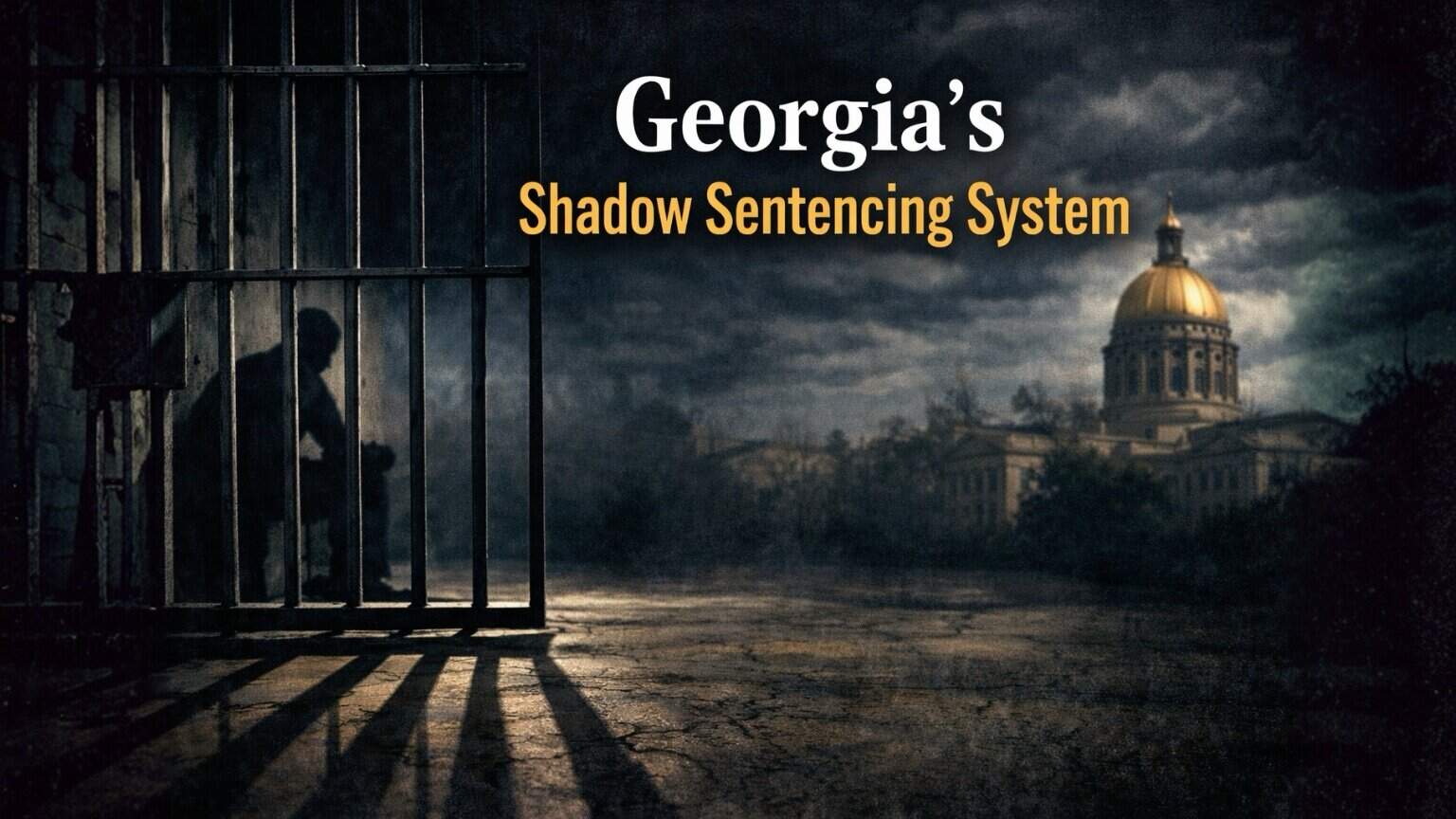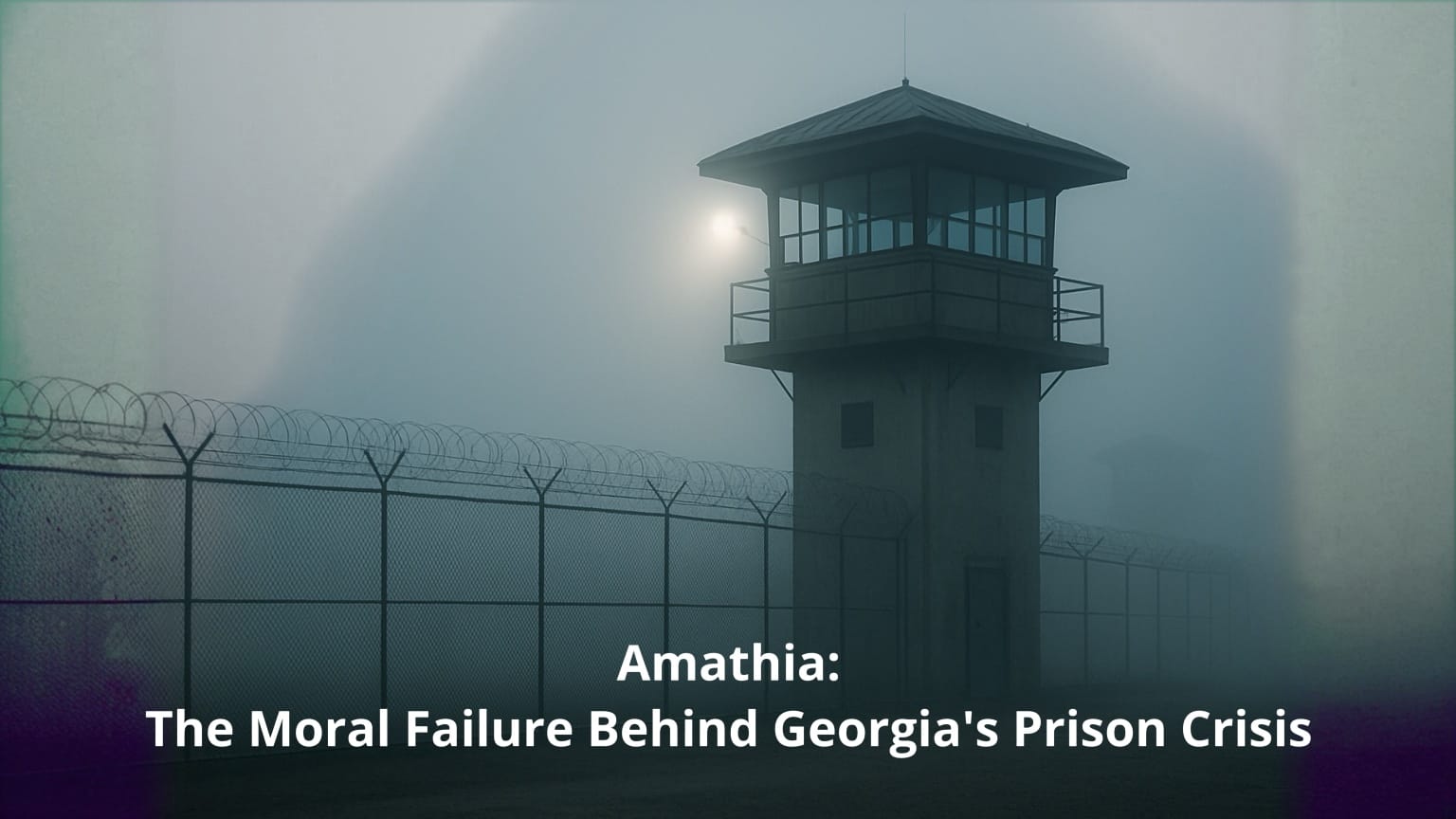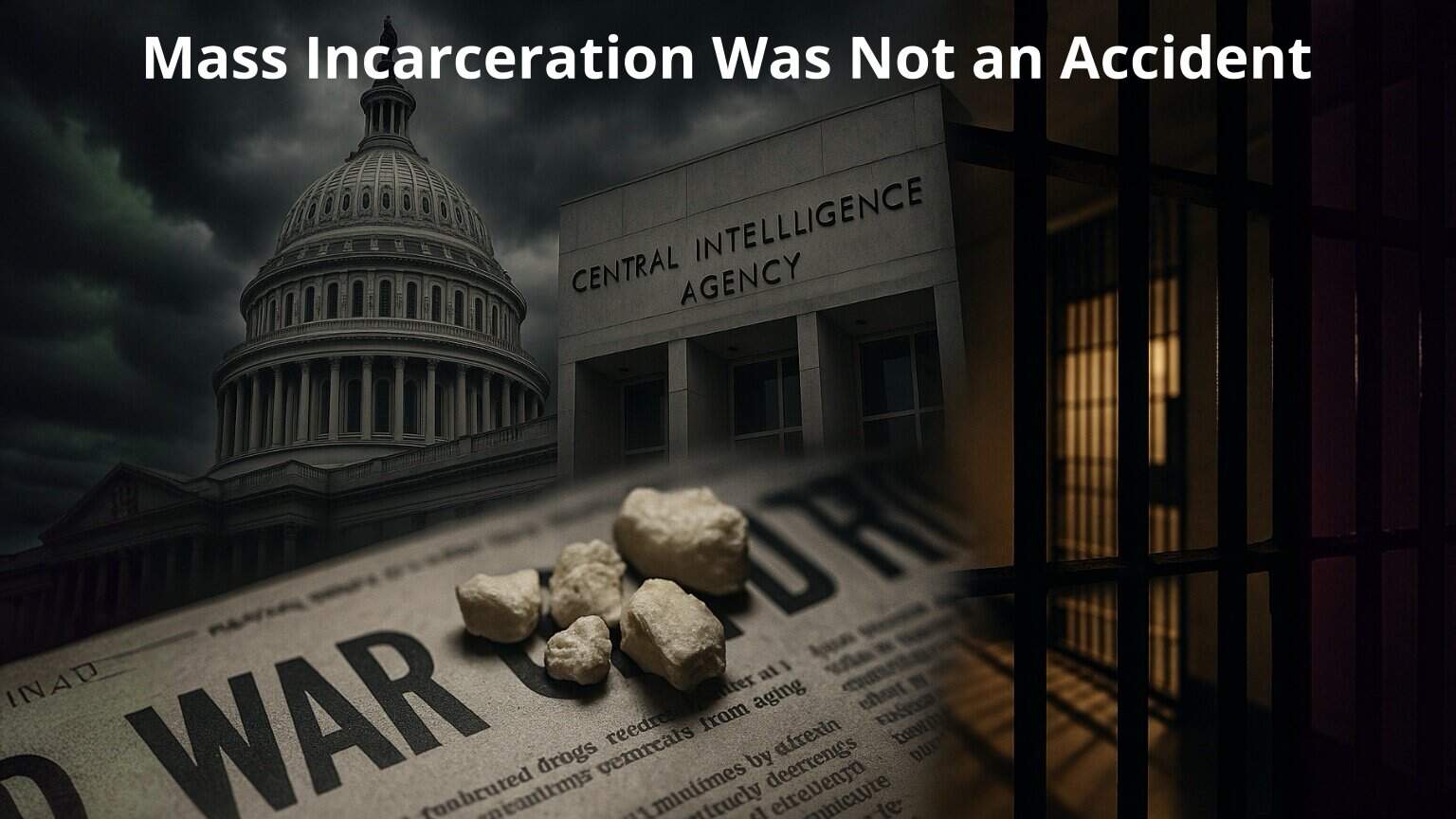Investigations & Analysis
Featured Articles
In-depth reporting on Georgia’s prison crisis — data-driven investigations, policy analysis, and the stories that need to be told.
Banned to Be Silent: How Georgia’s Prison Technology Crackdown Protects Power, Not Safety
Georgia bans phones to hide abuse, not ensure safety. DOJ found constitutional violations. Staffing at 50-70% vacant. Budget up $700M with nothing to show. The issue isn't technology—it's control without transparency...
They Knew: Empty Posts, Broken Locks, and Georgia’s Deadliest Prison Week
Four dead. Five officers for 69 posts. Zero incident reports filed. A coroner who claims no knowledge of deaths he confirmed to media. Open records expose what Georgia tried to hide about the January 2026 Washington State Prison riot...
$700 Million More—And Nothing to Show for It
Georgia added $700 million to its corrections budget between FY 2022 and FY 2026—the fastest spending growth in agency history. Prison homicides rose from 8 annually to 100 in 2024. Staffing remains 50-76% vacant. The DOJ found healthcare unconstitutional. The money bought nothing...
Cruel and Unusual Dentistry: Inside Georgia’s Prison Dental Crisis
Georgia doesn’t treat dental disease in prison.
It removes teeth.
Extraction replaces fillings. Waiting lists replace care. Commissary replaces basic supplies. And the damage follows people home long after their sentence ends.
This is healthcare as punishment...
It removes teeth.
Extraction replaces fillings. Waiting lists replace care. Commissary replaces basic supplies. And the damage follows people home long after their sentence ends.
This is healthcare as punishment...
Federal Nutrition Guidelines vs. Georgia Prison Food Reality
New federal nutrition guidelines officially warn against ultra-processed foods. Georgia's prisons still serve inadequate meals while commissaries profit from junk food sales. When will the state follow the science?...
Brown v. Plata: A Legal Roadmap for Georgia’s Prison Crisis
The Supreme Court's Brown v. Plata decision forced California to release 46,000 prisoners due to unconstitutional overcrowding. With federal enforcement abandoned, Georgia families must now pursue private litigation using the same legal roadmap...
Georgia’s Shadow Sentencing System
GDC’s own data shows Georgia prisoners now serve 27% longer than a decade ago—not because of new laws, but because the Parole Board quietly curtailed releases. At $86.61 per day, this shadow sentencing system costs taxpayers over $1 billion annually...
Georgia Parole Board Fears Federal Scrutiny in Humphreys Case
Georgia's parole board postponed Stacey Humphreys' execution and declassified clemency documents—not out of mercy, but fear of federal scrutiny. Eleven jurors say his death sentence was coerced. The board's secrecy is finally being exposed...
Amathia: The Moral Failure Behind Georgia’s Prison Crisis
The ancient Greeks called it amathia—willful ignorance, a moral failure. Governor Kemp commissioned reports documenting Georgia's prison crisis. One year later: staffing at a fifteen-year low, population at a fifteen-year high, and over 100 homicides. The evidence exists. Leadership refuses to see...
Mass Incarceration Was Not an Accident
Mass incarceration was not a response to crime—it was a political project. From the War on Drugs to Iran–Contra, the federal government made deliberate choices that devastated communities. Georgia inherited this framework and intensified it. This is the history we must confront...
Have information about conditions inside Georgia’s prisons? Help us investigate.
